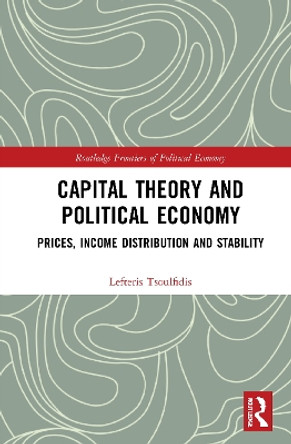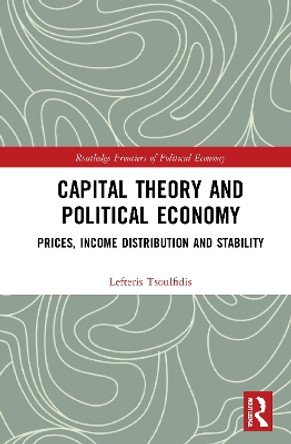Description
Building on theories of finance and distribution, and the political economy of finance, this book explains the influence of financial cooperatives on wealth and income distribution, and institutional factors that determine the development of financial cooperatives. The book discusses the dynamics of income and wealth distribution with and without financial cooperatives, and defines the economic objective for financial cooperatives. Through explaining the influence of political institutions and regulations on the development of financial cooperatives, this book examines why financial cooperatives grew in some emerging economies and not in other similar ones.
The book is of interest to scholars interested in financial economics, political economy of finance, alternative banking and development finance, and banking regulation. The book also gives valuable output to central bankers and financial and monetary policy makers in underdeveloped economies. In addition, it will be of particular interest to practitioners in international development institutions, especially those engaged in development finance and rural finance.
About the Author
Amr Khafagy works at the Countryside and Community Research Institute, University of Gloucestershire. His research explores the political economy of finance and the dynamics of income and wealth distribution, the economics of cooperatives, and the political economy of the Middle East. He has worked in the banking and microfinance sectors in Egypt and India.
Book Information
ISBN 9780367777517
Author Amr Khafagy
Format Paperback
Page Count 180
Imprint Routledge
Publisher Taylor & Francis Ltd
Weight(grams) 360g








